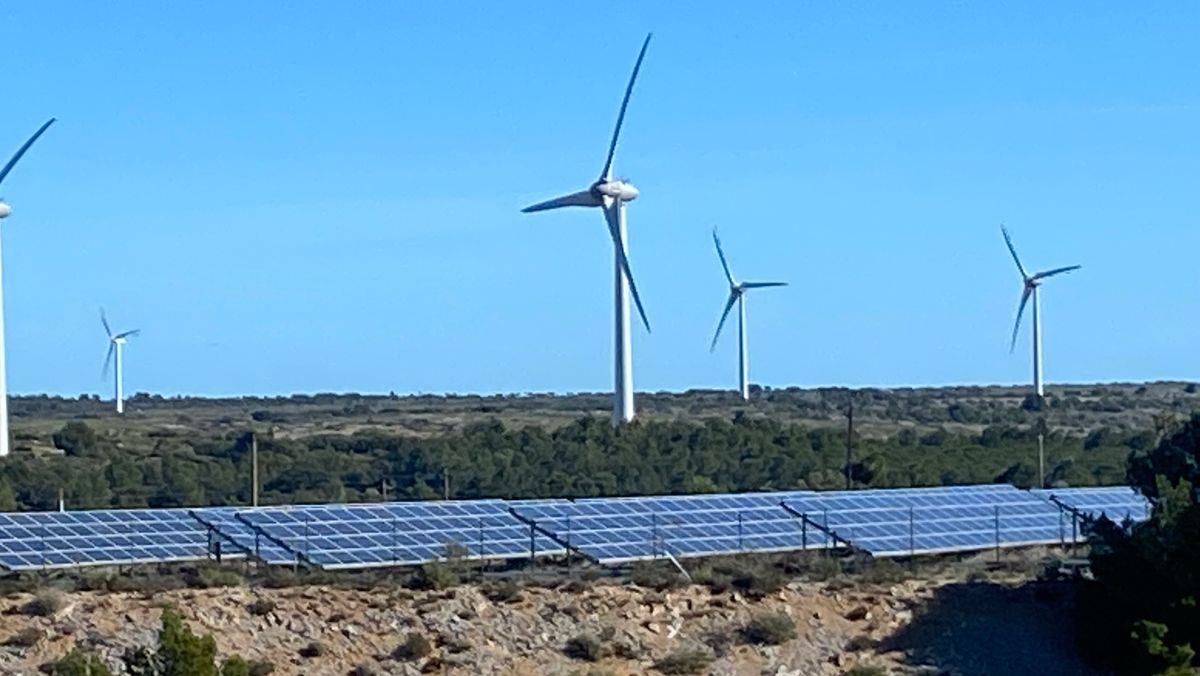The article was published in association with Energy and climate.
What did we learn from the energy crisis in 2022? It is one of the topics being discussed by the European Union energy regulator, Acer, in a recently published report a report. Acer confirms that the EU gas and electricity market worked well during last year’s crisis and secured gas and electricity supplies. EU countries have avoided rationing electricity or gas. The message Acer is sending is that EU countries should cooperate more, not less.
Insurance is expensive
As the use of solar and wind energy increases in the energy sector, the need for more stable energy supply increases. In EU parlance, this is called the capacity mechanism. This means that players in the energy market get extra money for having a reserve that can provide available energy when it is needed. This means that production capacity is on standby.
In the European Union, this energy often turns out to be coal or gas energy. This worries Acer, which points out in its report that from 2020 to 2022, the EU doubled payments to companies for this capability. In 2022, €5.2 billion was used to finance capacity-building mechanisms in Member States. This is expected to rise by 40 percent in 2023 to reach €7.4 billion. This means about 85 billion Norwegian kroner.
Prevent green transition
In the report, Acer urges member states that use pay-for-capacity mechanisms to consider such long-term contracts. There are eight countries that use this in one form or another in their energy markets, namely Belgium, Finland, France, Germany, Ireland, Italy, Poland and Sweden.
Acer sees the risk that this arrangement is now slowing the transition to renewable energy. The reason is that member states depend on gas and coal energy as a stable resource.
Acer confirms that there will be an increasing need for flexible power sources in the future. But the report indicates that saving energy and increasing the ability to store energy is a better way than linking to coal and gas.
The report also notes that more grids must be developed, and flexibility increased, so that individual countries can help each other when it comes to flexible energy.
Preparedness before a crisis
In the report, Acer also encourages member states to prepare crisis measures before the crisis arrives. Acer indicates that electricity and gas prices have returned to normal levels. Although the market outlook is better now than it was a year ago, the risk of rising energy prices has not passed.
The gas market is tight, although there are now record gas stocks in the European Union. Acer notes that the situation in the global LNG (cryogenic liquefied gas) market is challenging. The European Union also continues to import gas from Russia, which may disappear. All this, coupled with the weather, creates uncertainty when it comes to the situation in the winter of 2024. Therefore, the risk of crisis has not receded.

“Web specialist. Lifelong zombie maven. Coffee ninja. Hipster-friendly analyst.”




